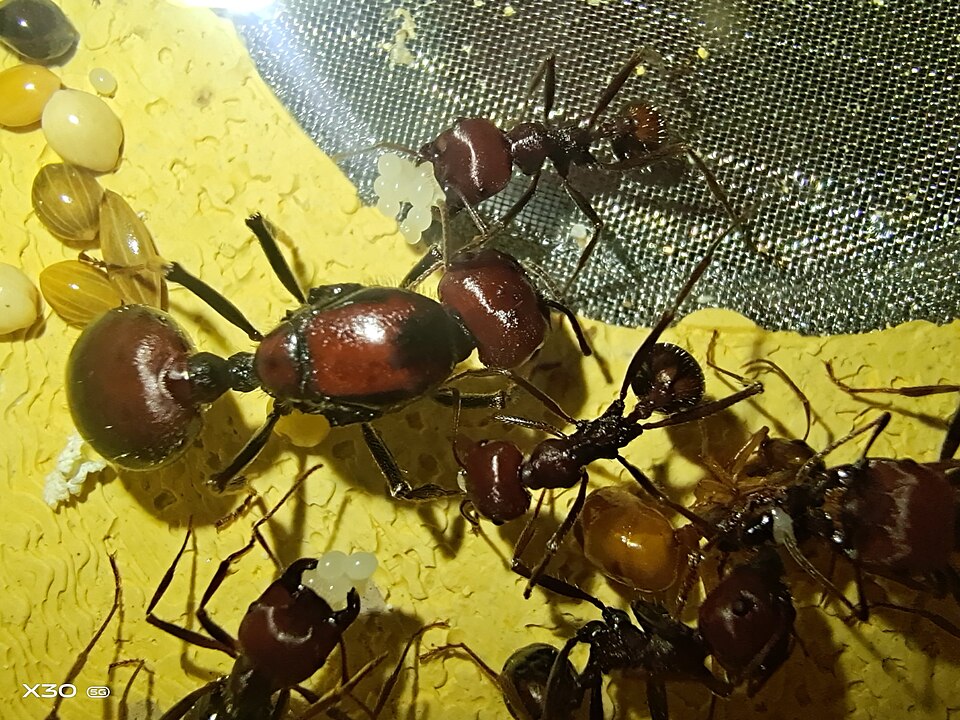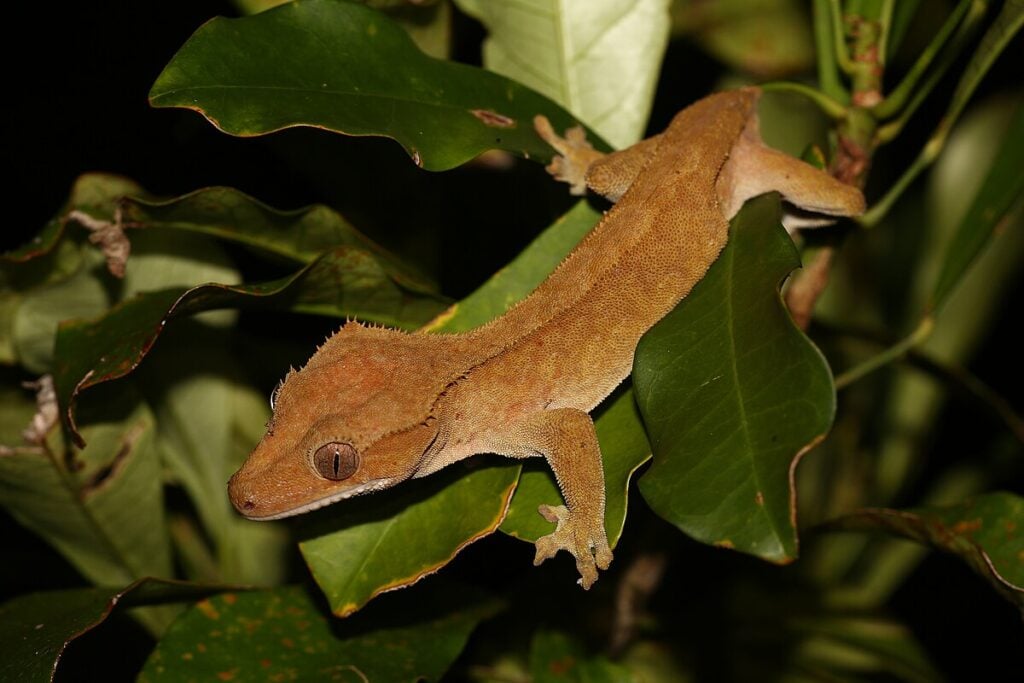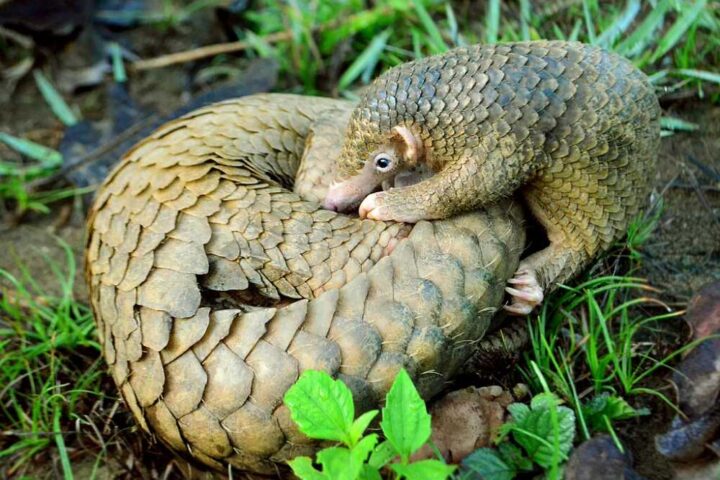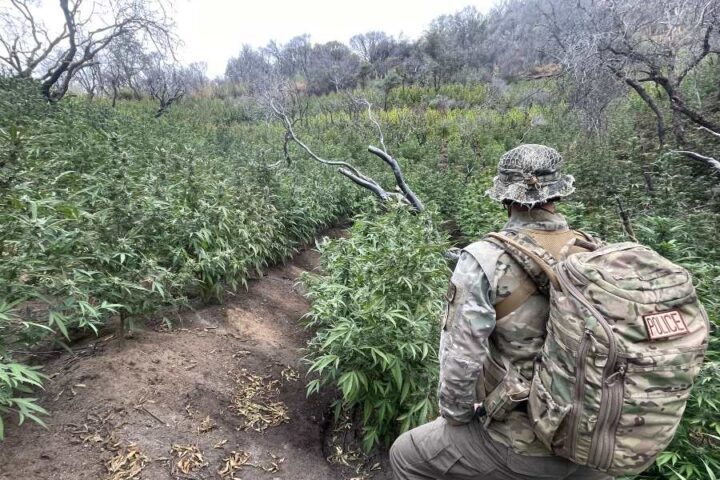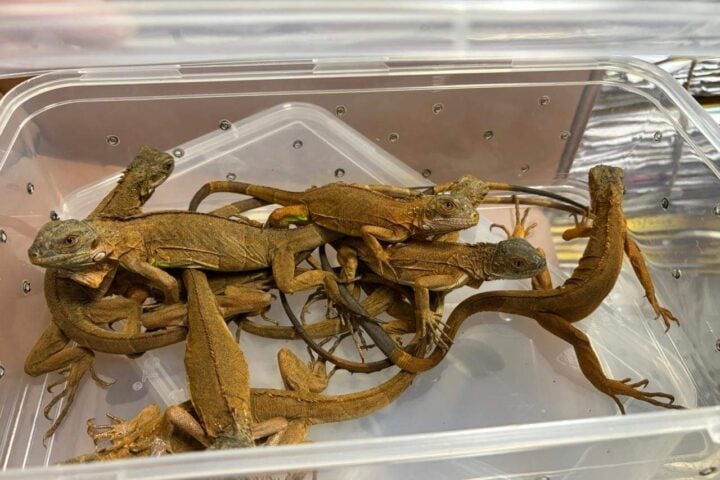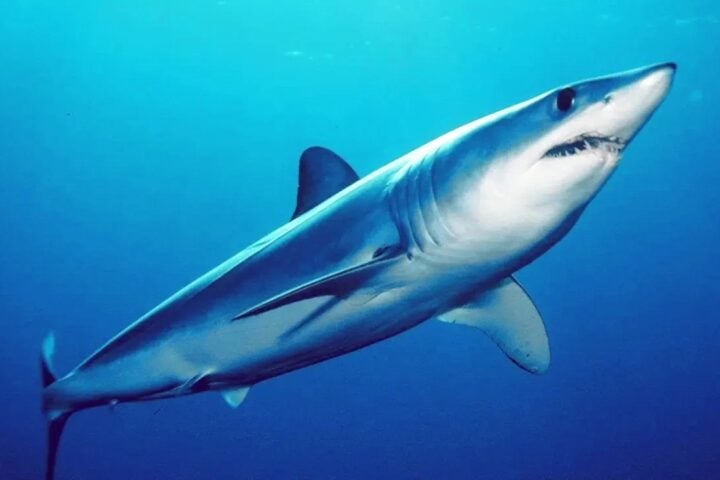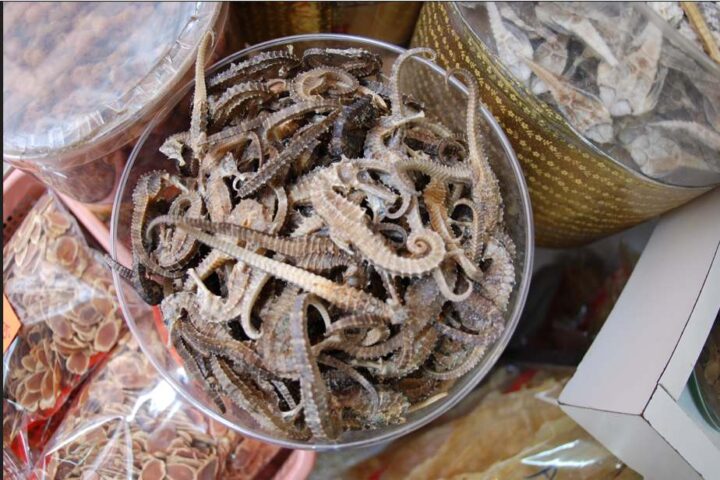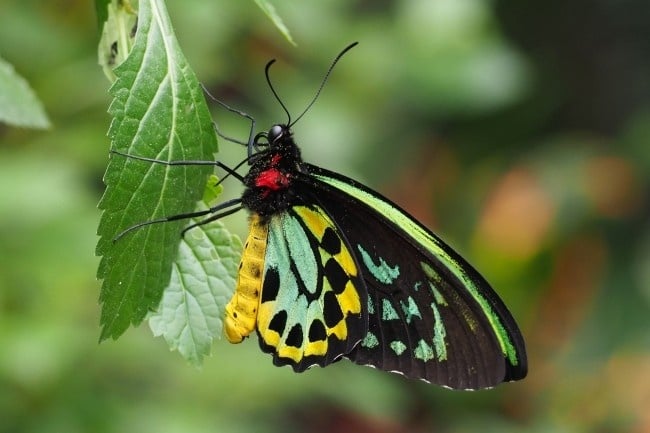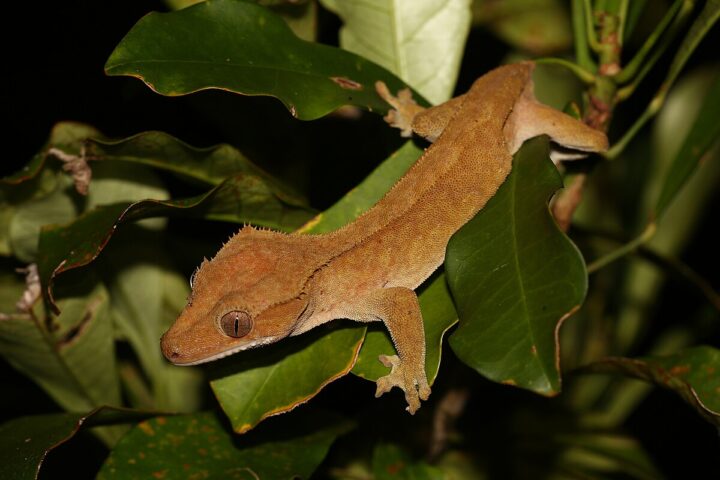In a landmark wildlife trafficking case, Kenyan authorities intercepted two Belgian teenagers with 5,000 live Messor cephalotes ants carefully packed in 2,244 modified test tubes and syringes designed to keep the ants alive for up to two months during transport, allowing them to bypass security measures at Jomo Kenyatta International Airport.
On April 5, 2025, 19-year-olds Lornoy David and Seppe Lodewijckx were arrested at a guest house in Nakuru County with the harvester ants. The Kenya Wildlife Service (KWS) valued this haul at approximately 1 million Kenyan shillings (about US$7,700) . In European and Asian markets, however, these ants command premium prices — with UK retailers like AntsRUs listing individual queens at £99.99 and some European sites pricing them at up to €215 each.
On May 7, 2025, Magistrate Njeri Thuku at the Jomo Kenyatta International Airport Court sentenced the teenagers to either pay a fine of US$7,700 each or serve 12 months in prison .
Despite claiming they were collecting ants as a hobby and didn’t know it was illegal, the court determined the offense was serious. “This is beyond a hobby. Indeed, there is a biting shortage of messor cephalotes online,” Magistrate Thuku noted in her ruling.
Under Kenya’s Wildlife Conservation and Management Act of 2013, specifically Section 95(b), dealing in wildlife species without proper permits is illegal . The law requires anyone exporting wildlife specimens to obtain both a KWS export permit and an export health certificate.
In a separate but related case heard alongside the Belgians, Vietnamese national Duh Hung Nguyen and Kenyan citizen Dennis Ng’ang’a were also fined US$7,700 each with the same prison alternative for trafficking approximately 400 ants.
Harvester ants aren’t just collectibles—they serve as essential “soil engineers” in their ecosystems. Entomologist Shadrack Muya, a senior lecturer at Jomo Kenyatta University of Agriculture and Technology, explained their vital role: “Ants play a very important role in the environment and their disturbance, which is also their removal, will lead to disruption of the ecosystem” .
These ants aerate soil, enhance fertility, and disperse seeds, directly influencing vegetation patterns across the savannah . Muya warned that removing thousands of ants from their natural habitat could lead to an “ecological disaster” in the affected areas .
Philip Muruthi, Vice President for Conservation at the Africa Wildlife Foundation, added deeper context about the ants’ ecological significance: “The thing is, when you see a healthy forest, like Ngong forest, you don’t think about what is making it healthy. It is the relationships all the way from the bacteria to the ants to the bigger things”.
Similar Posts
Muruthi also raised concerns about disease transmission, warning that trafficking species risks exporting novel diseases to agricultural systems in destination countries.
The case represents what KWS described as “a shift in trafficking trends — from iconic large mammals to lesser-known yet ecologically critical species” . Traditionally, wildlife trafficking in Kenya has focused on high-profile species like elephants, rhinos, and pangolins. This new trend targets less conspicuous but ecologically important creatures.
Reuters noted Magistrate Thuku’s observation that these ants could fetch in excess of €800,000 online in Europe and Asia, highlighting the immense underground market value.
What drives this market? Ant keeping has evolved from a niche hobby to a thriving industry in some parts of the world. Enthusiasts maintain colonies in “formicariums” — transparent enclosures where they can observe the ants’ complex social structures and behaviors.
Messor cephalotes is especially prized by collectors. These giant African harvester ants feature queens measuring 20–24 mm in length with striking red and black coloration. Their large size, distinctive appearance, and complex colony-building behaviors make them particularly desirable.

The Kenya Wildlife Service emphasized that unauthorized collection and export of these ants “not only undermines Kenya’s sovereign rights over its biodiversity but also deprives local communities and research institutions of potential ecological and economic benefits”.
For responsible wildlife enthusiasts, the legal path involves securing proper documentation, including KWS export permits and health certificates. Communities in biodiverse regions can benefit from regulated insect-rearing projects that generate income without depleting wild populations; such models mirror successful biodiversity financing initiatives and strengthen community rights.
As the global illicit wildlife trade continues to evolve, law enforcement and conservation efforts must likewise adapt to protect even the smallest creatures that play outsize roles in maintaining healthy ecosystems. The Kenyan case serves as an important reminder that effective wildlife protection requires vigilance across all species — not just the largest and most visible.
